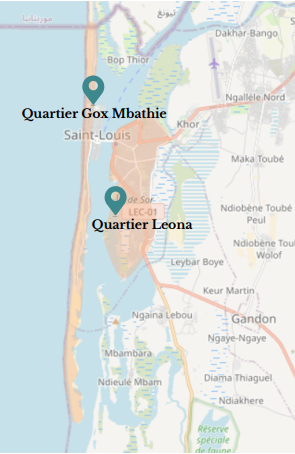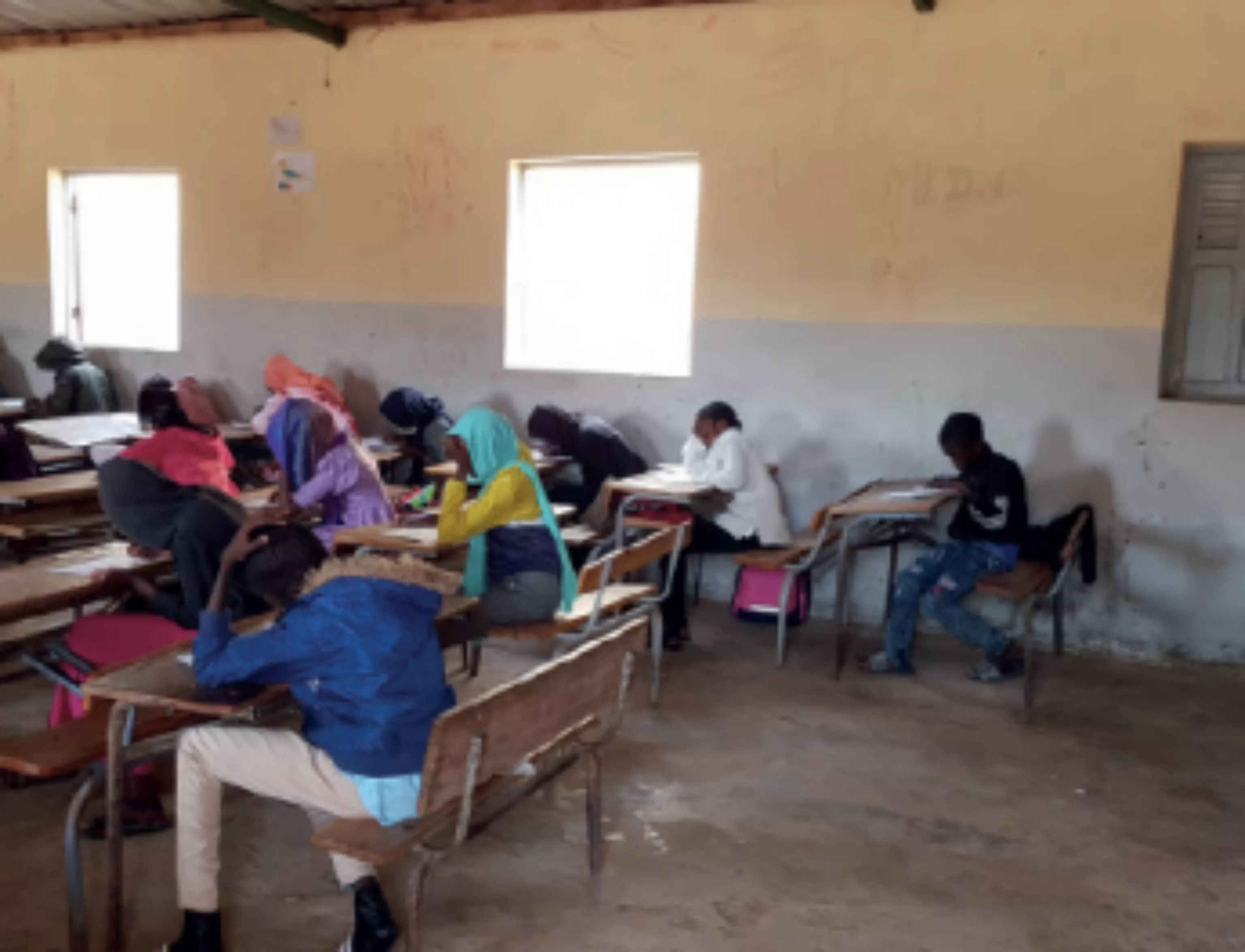The setec Foundation renews its partnership with the SEED association for the new “Daram Alaam Gi” project, which aims to bioconstruct a school in the city of Saint-Louis in Senegal.
Background
The department of Saint-Louis, in northern Senegal, has a population of 226,000. Made up of lagoon and mangrove biotopes, it is particularly exposed to overexploitation of natural resources and coastal erosion.
Indeed, due to the high demographic concentration in stretched areas (Langue de Barbarie, Île de Sor) and the importance of fishing in the local economy, coupled with the current inflation in raw material prices, the pressure on resources is heightened. Against this backdrop, the significant deterioration of the built environment and the poor quality of essential universal networks (healthcare, education, etc.) are exacerbating the precarious situation in which the local population finds itself.
This is why, for several years now, the municipality of Saint-Louis has been committed to sustainable development programs, focusing on renovation, energy efficiency and improved public services. The emphasis of these programs is on protecting the environment and its resources, and rehabilitating public networks and infrastructures.
In the context of this global approach by the City of Saint-Louis, a project was born with the aim of serving as a bioconstruction prototype for the sustainable development of the commune. The project consists of creating a renovation and bioconstruction prototype for public buildings, in this case a school in the fishermen’s quarters.


